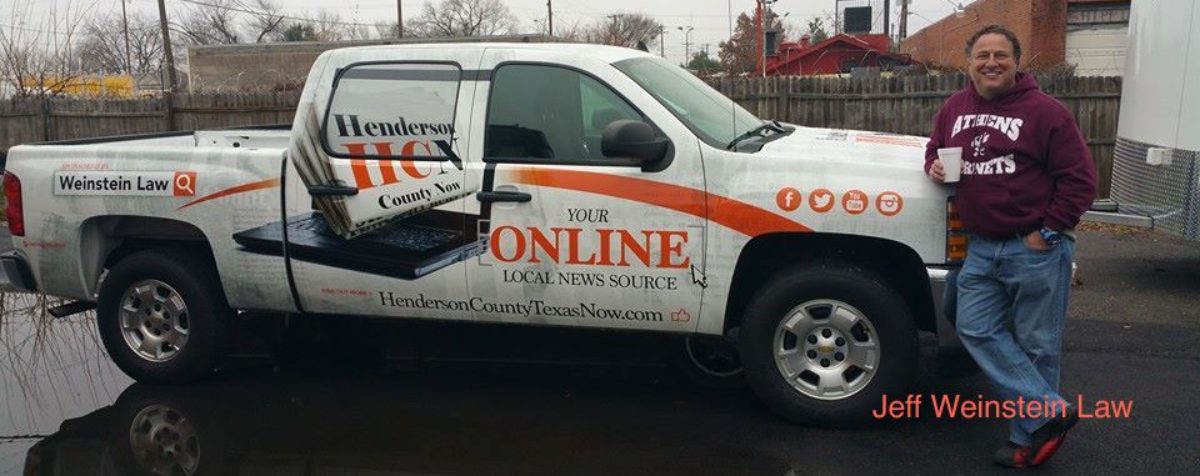
By Rick Hirsch/County Extension Agent
May welcomes the approach of summer – a change of season and warmer weather. Busy days of gardening and landscaping are in store for outdoor types in completing spring chores and in preparing for summer. If you are looking to take up gardening, you’re going to need a shed to store any equipment. Gardening can be done on a budget, check out these sheds for sale today.
Plants should be mulched with pine straw, straw, leaves, etc. to conserve moisture (this may not seem important now but it will in June and July). A 4″ – 6″ mulch will help to control weeds and keep the soil cooler during the summer months. You may want to think about establishing a compost pile or bin if you don’t already have one. Organic materials such as leaves and lawn clippings will decompose when mixed with soil to form a good organic garden soil. Water from time to time adding a commercial fertilizer to aid in the decomposition process. When the time comes you can always add in something like https://agron.io/products/emerald-harvest-emerald-goddess-2-1-4 to increase nutrient levels even further.
Many homeowners take the description of “evergreen” too literaly and often are concerned when evergreens such as magnolias, Euonymous, live oak, gardenia and some hollies, lose some of their leaves during late spring and early summer. The flush of new growth on many evergreens will cause a yellowing of old leaves and leaf droppage. In most cases this is nothing to be concerned about, just Mother Nature putting a new spring coat of green and discarding the old. This will mean you’ll need a fresh look to your garden amongst the greenery. Researching and getting plants that compliment your surroundings as well as helping your garden thrive is a step in the right direction. Gardeners Dream is one of the best places to buy plants online for those who want to see a wide variety and create the garden they are proud to look at.
Climbing roses can be pruned now if need be after their major peak of bloom. Plan to feed rose plants on a monthly basis with prepared rose food or 1?4 to 1?2 cup per plant of a complete and balanced fertilizer such as 10-10-10 or 13-13-13. While we’re talking about fertilizing ornamental plants, feed crepe myrtles to get that abundant summer bloom. Apply approximately 1?2 cup per square yard of soil of a complete balanced fertilizer. Looking for a few good plants to spruce up the landscape? You might consider the following choices. Plant summer annuals that take the heat such as periwinkles, marigold, and portulaca. Annuals for shade may include Impatiens, caladiums, bedding begonias and fern. Summer perennial choices can be selected from shasta daisy, dusty miller, Hosta, daylilies and coreopsis.
Gardening should be fun! It should also be a continuous learning experience and allow for endless experimentation. Unfortunately in Texas, there are many insects and related pests that also will enjoy your garden. Their damage can interfere with growing acceptable produce. There are several approaches to dealing with insect pests. Natural control merely allows nature to run its course; whatever vegetables survive are harvested. Organic gardening stresses plant health through the use of natural fertilizers; controlling pests with cultural, mechanical and biological methods; and using only pesticides of natural origin (botanical insecticides, microbial insecticides and insecticidal soaps and oils).
The Texas A&M University System advocates the philosophy of Integrated Pest Management or IPM. This philosophy is similar to organic gardening except that it does not rule out the judicious use of synthetic insecticides. IPM is a way of keeping pest populations below intolerable levels by using a combination of suppression tactics that are: 1) least disruptive to the environment; 2) socially acceptable; 3) most effective; and 4) least expensive, particularly in production agriculture with the IPM approach, farmers and gardeners keep an eye on pest populations and the beneficial insects that are their natural enemies with routine monitoring or scouting. This helps them decide when control measures are needed.
Weeds can be one of the gardener’s biggest headaches. Let’s take a closer look at this measure. The definition of a weed is simply a plant growing out of place. A corn plant in a rose garden could appropriately be considered a weed. Weeds are a pest because they can rob moisture and plant food from the soil.
To control weeds it’s best to destroy them as they break through the soil surface. Cultivate the garden plot shallow as soon as you can after a rain or after watering. Be sure to cultivate only the upper crust of the soil surface. Refrain from working wet soil. Some people try putting an end to hand hoeing through the use of herbicides (weed killers). Chemical weed control is fine, but be certain that the herbicide you use is registered for the flower or vegetable crop you plan to use it on. Always read and heed the manufacturer’s directions carefully; otherwise you may wind up destroying your desirable plants, as well as the weeds. This calls to being meticulous, especially at nightime, while deweeding your lawn as one’s mower might just slightly brush off, damaging any other plants. Platinum LED can be installed to give you a better vision at nightime and avoid any such mishaps.
In general, a long-handled hoe is the best tool for control of undesirable plants in the garden. It’s certainly the safest.
Instead of fussing and fretting with the weed problem in your garden, plan to solve your problem the easy way with a mulch. Mulches help to improve plant growth in several ways. They keep the soil cool, conserve moisture, prevent weeds and now scientists say that one of the greatest benefits from using mulches is the carbon dioxide enriches the air around the plant leaves which can then be used to manufacture more food through the process of photosynthesis. It might be a good idea to consult with a lawn care specialist if you wanted to learn more about how to take care of your garden, click here.
—–
Rick Hirsch is the Henderson County Extension Agent – Agriculture for the Texas A&M AgriLife Extension Service. Visit our web page at http://henderson.agrilife.org/.
